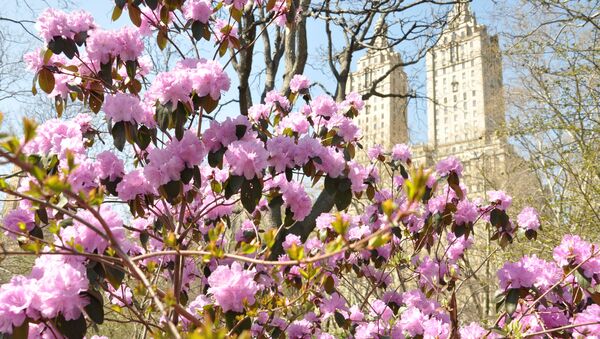For the first time ever, researchers have revealed that plants can remember, due to a distinctive inbuilt memory mechanism that enables them to repeatedly bloom and grow seasonally and to react during a drought, heat or prolonged cold. Three years of research and scanning of over 20,000 plants has led to the discovery of prion-like proteins that are capable of building molecular memories.
"This is the first evidence that a plant protein may self-replicate as a prion — this opens up the possibility of protein-based memories in plants," said Indian biologist Dr. Sohini Chakrabortee, a post-doctoral fellow in the laboratory of Prof. Susan Lindquist at the Whitehead Institute for Biomedical Research at the Massachusetts Institute of Technology in the US. "It is these memories that allow plants to distinguish between a single night of cold and a long winter."
In their study, Chakrabortee and her colleagues searched a plant protein database and identified three proteins with prion-like properties involved in the flowering of plants — and found that at least one of these appears capable of forming molecular memories.
"Prions, we think, are responsible for some really broad, really interesting biology," said Prof. Lindquist. "We have only seen the tip of the iceberg so far."



